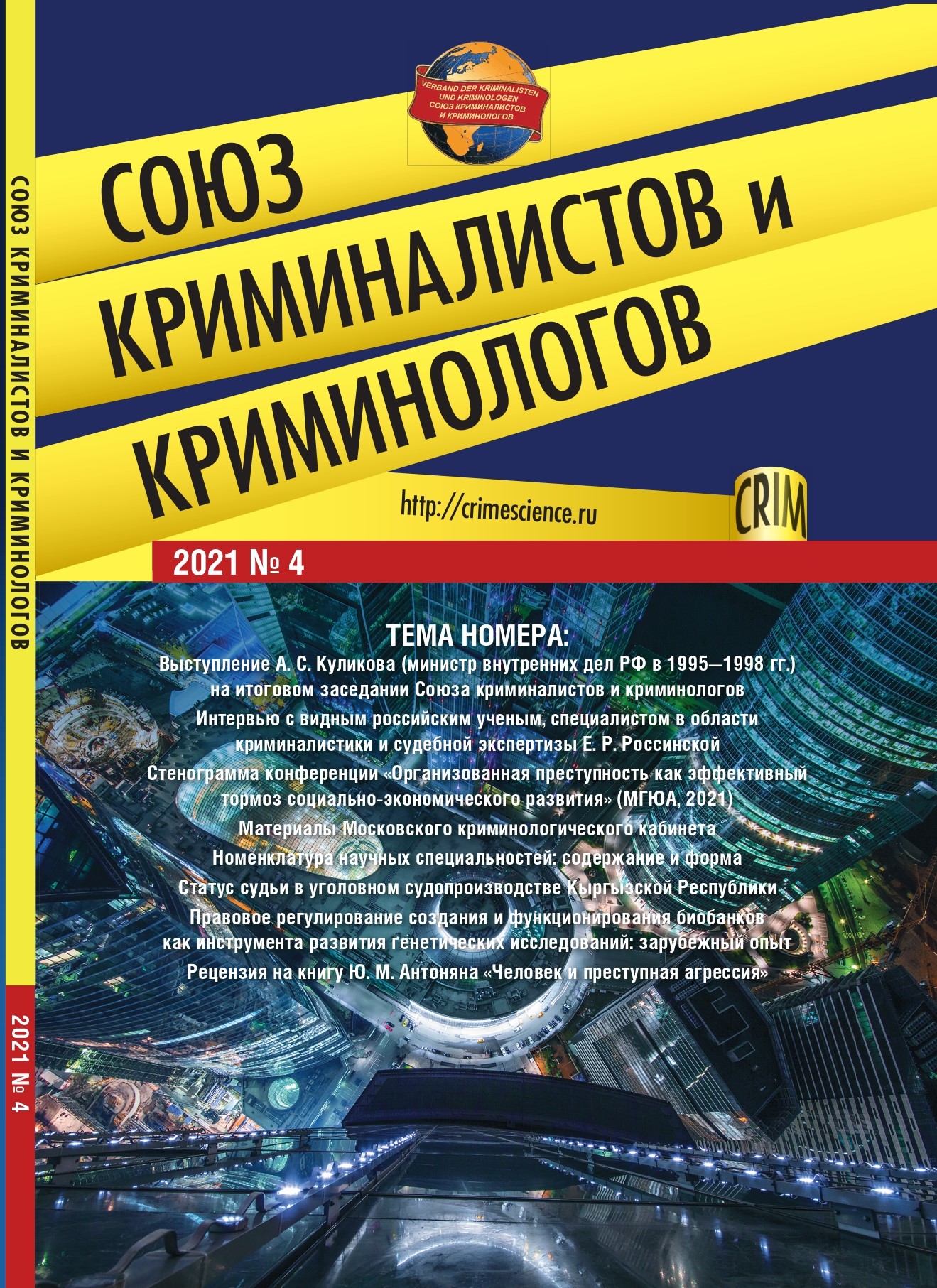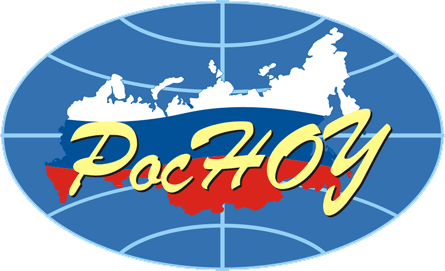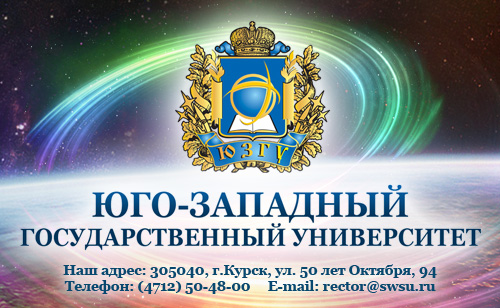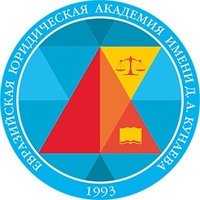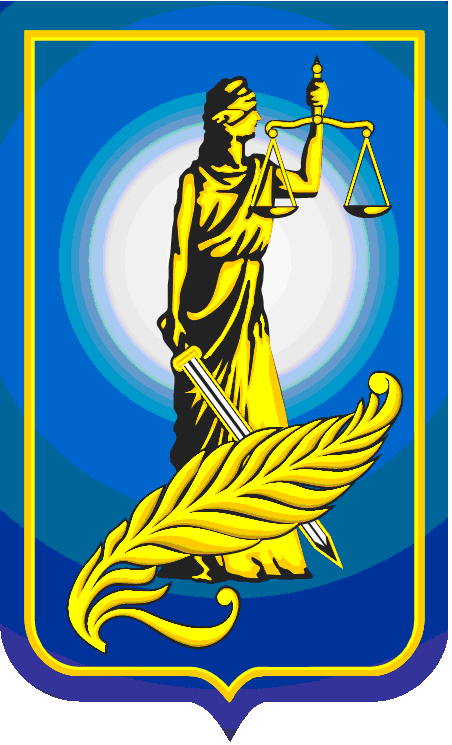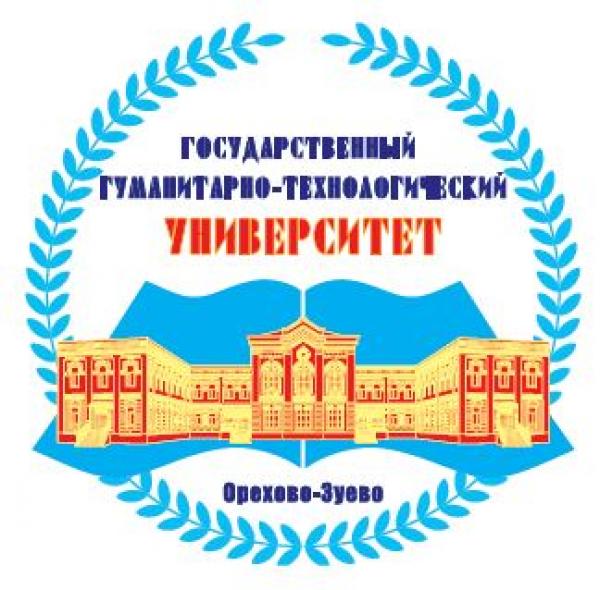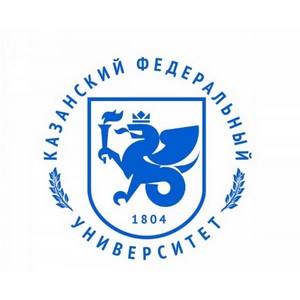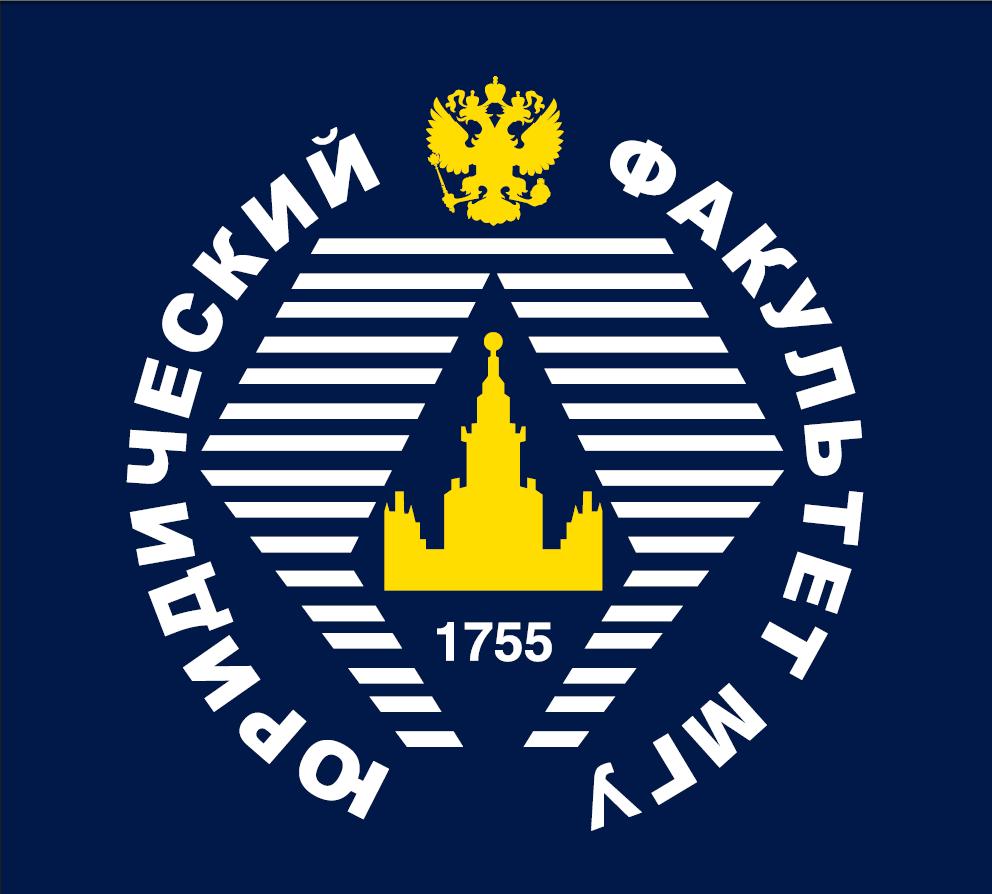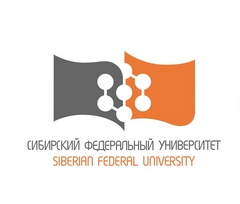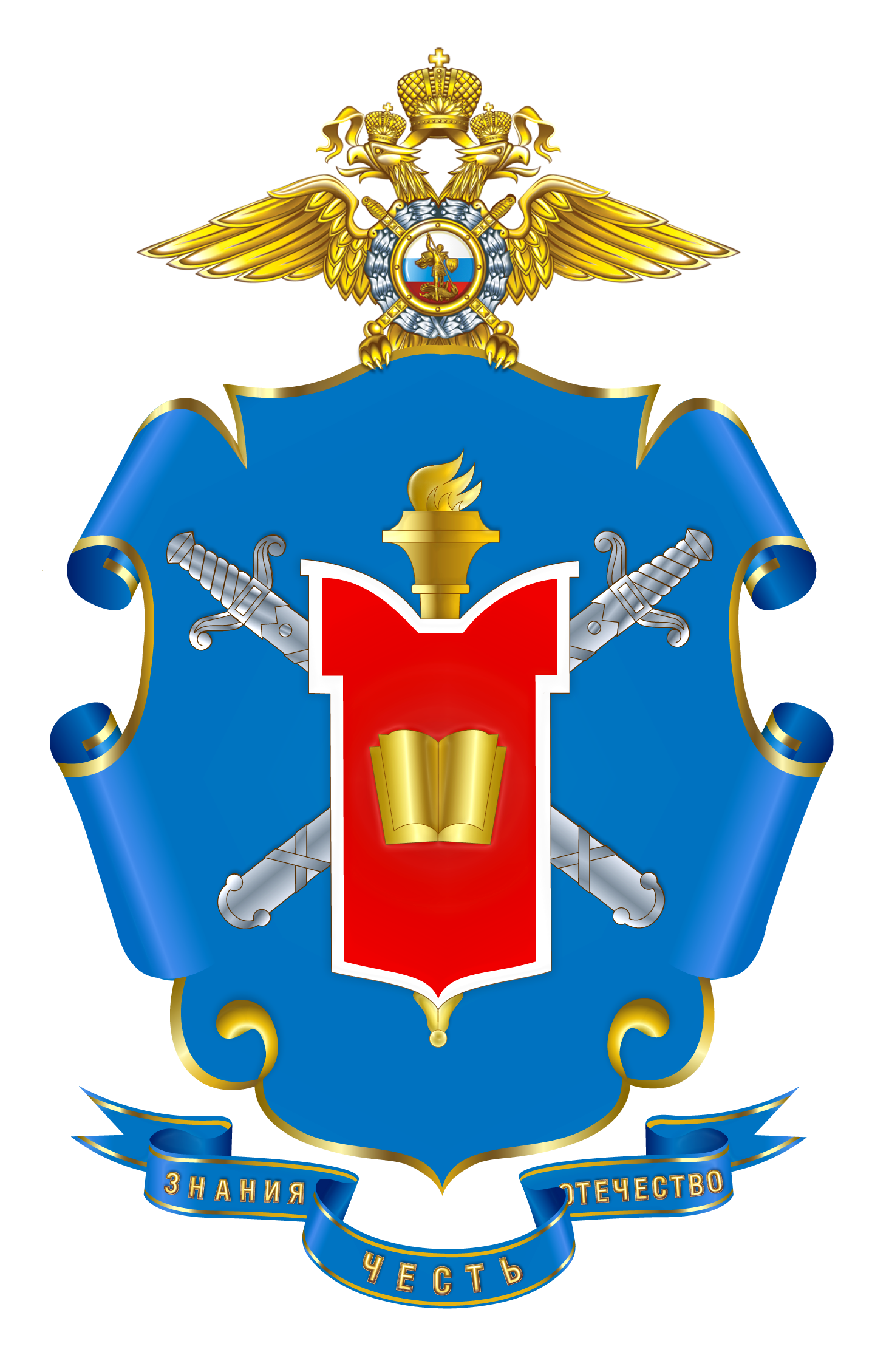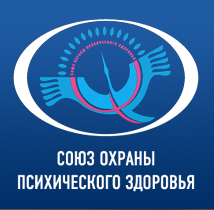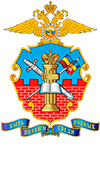On 20 April 2021, a regular online meeting of the Author’s project «Criminal Law gatherings at Lopashenko’s» was held in cooperation with the Saratov branch of the Union of Criminologists and Criminologists. The event was held in a MONO format and was dedicated to the speech of Svetlana V. Polubinskaya, Candidate of Law, Associate Professor, Leading Researcher of the Criminal Law, Criminal Procedure and Criminology Sector of the Institute of State and Law of the Russian Academy of Sciences (Moscow).
Then the main speaker’s report topic was ‘Neuroscience and criminal law: promises and problems.’
In particular, Svetlana V. Polubinskaya said that the modern spheres of neuroscience have long gone beyond biology and medicine. They are increasingly turning to identifying links between biological processes occurring in the brain and human behaviour. The search for the neurobiological foundations of social behaviour, including the violation of accepted norms in society, the mechanism of decision-making in the social interactions process and the methods of lie neurodetection are being developed.
The results of such studies, including those obtained by neuroimaging methods, appear in the courts of foreign countries at different stages of the process. They are offered as evidence in solving a number of criminal law issues (determining the ability of the defendant to appear before the court, in defense with reference to insanity, justification for mitigating criminal liability and punishment). Courts tend to be cautious about the admissibility of neuro-visual evidence because its scientific reliability and credibility are doubtful.
The progress of neuroscience has also contributed to the appearance of a new wave of discussions on key issues of the philosophy of law and criminal law doctrine. The results of some studies are interpreted as evidence of the absence of voluntary nature in human actions and the illusory nature of free will. Other authors report finding connections between certain brain structures and aggressiveness, impulsivity, and a person’s ability to control their behavior.
Svetlana V. Polubinskaya received various questions from the onlinr-meeting participants. Some of them were:
- Professor Valery F. Lapshin (Ryazan): ‘Is it possible to reform the institution of guilt with the latest advances in neuroscience?’; ‘How can neuroscience facilitate the work of the court?’;
- Professor Nikita Georgievich Ivanov (Moscow): ‘Are you aware of the application in judicial and investigative practice of Article 22 of the CC RF ‘Criminal liability of persons with a mental disorder that does not exclude sanity’? ‘Is this experience positive or negative?’;
- Associate Professor Dmitry G. Moroz (Minsk): ‘Is it time to review the categories of sanity and insanity? In particular, is it necessary to include them into the sphere of emotions, which also affects socially dangerous human behaviour?’;
- Professor Vasily V. Baburin (Omsk): ‘To what extent have the achievements of neuroscience contributed to the understanding of such a phenomenon as hypnosis?’;
- Professor Tatyana Poniatowska (Moscow): ‘Could today be developed legal criteria for insanity and partial insanity?’
Within the framework of the free discussion, the experts in different legal spheres presented their opinions.
In conclusion, Svetlana V. Polubinskaya thanked the participants of the Gatherings for their interest and deep scientific discussion. Organizer Natalia A. Lopashenko declared the event over.
The review was prepared by the Secretary of the Union of Criminalists and Criminologists Saratov Branch, Roman Komyagin
Translated by Elizaveta O. Ovchinnikova





